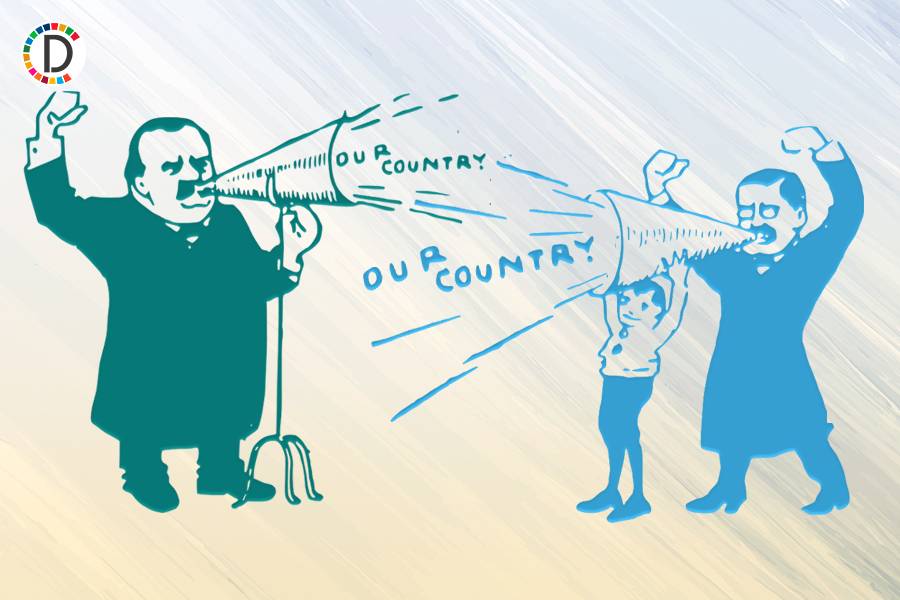No place for "LGBT-free zones" in EU, chief executive says
Last month, Poland's justice minister said a town that had lost EU funding over dubbing itself a zone free of "LGBT ideology" would receive government financial support. Von der Leyen said the bloc's executive will soon present "a strategy to strenghten LGBTQI rights" in the bloc, as well as pushing for mutual recognition of family relations in the EU.

The European Union's chief executive lashed out against homofobic policies of the nationalist government in Warsaw in saying on Wednesday there was "no place" in the bloc for districts proclaimed "LGBT-free zones" in Poland. "LGBTQI-free zones are humanity free zones. And they have no place in our (European) Union," European Commission President Ursula von der Leyen told her annual policy speech to the European Parliament.
"Breaches of the rule of law cannot be tolerated," she said. Last month, Poland's justice minister said a town that had lost EU funding over dubbing itself a zone free of "LGBT ideology" would receive government financial support.
Von der Leyen said the bloc's executive will soon present "a strategy to strenghten LGBTQI rights" in the bloc, as well as pushing for mutual recognition of family relations in the EU. "If you are parent in one country, you are parent in every country," she said.
Currently, some countries in the bloc recognise same sex marriage and parenthood, but others do not. That leads to situations in which, for example, two women recognised as mothers of their children in Belgium would not be treated the same way in Poland, meaning they would not have the same rights vis-a-vis their children depending on where in the EU they are.
The Law and Justice (PiS) government in Poland - as well as its eurosceptic ally, Hungarian Prime Minister Viktor Orban - have long been at loggerheads with the EU over undercutting democratic standards. While both post-communist state benefit from generous EU handouts, their rulers have come under pressure for putting courts and judges, media and academics, non-government organisations and rights groups under direct government control.
The bloc's 27 EU affairs ministers will discuss the matter again in Brussels next Tuesday, though no decisions are expected and the bloc has so far all but failed to prevent Warsaw or Budapest from backsliding on the rule of law.
(This story has not been edited by Devdiscourse staff and is auto-generated from a syndicated feed.)
ALSO READ
India, Belgium hold second Foreign Office Consultations, review multifaceted relations
Belgium probing alleged Russian interference in EU election campaign
Belgium summons Iranian ambassador to condemn attack on Israel
Belgium, Czech Republic seek sanctions for Russian interference in EU elections
Belgium, Czech Republic want sanctions for Russian interference in EU elections










